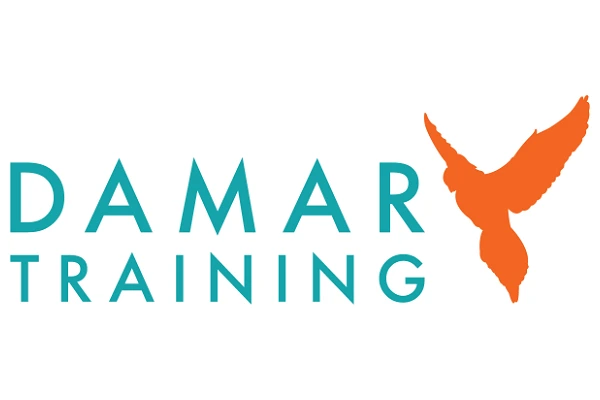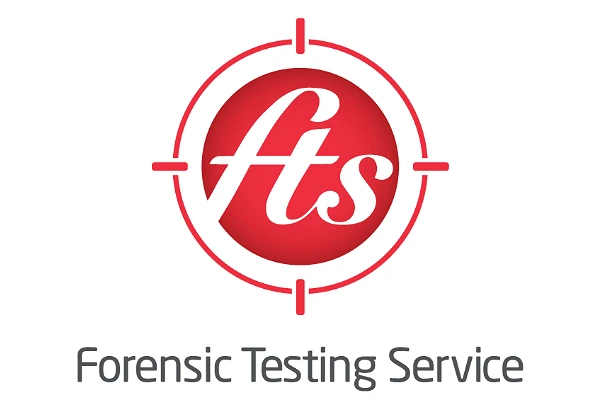SPONSORED

Unlocking legal talent

How hair strand testing should be instructed for family court proceedings
Webinars
- Details
Attorney General kick-starts competition for London A, B and C panels for civil work
The Attorney General has unveiled plans to appoint new members to his London panels of junior counsel to undertake civil work for government departments.
“Membership of the London panels is open to both barristers and solicitors with the appropriate qualifications,” the Attorney General’s Office said.
The contracts are due to start on 1 September 2019 and run until 31 August 2024.
The Attorney General’s panels of counsel consist of just over 400 junior counsel who undertake civil and EU work for all government departments. The system is made up of London Panels, Regional Panels and Public International Law Panels, each set up as follows according to the Attorney General’s Office:
A panel – “deals with the most complex government cases in all kinds of courts and tribunals. Members will often appear against QCs. In general, those appointed to the A panel will have over 10 years’ advocacy experience.”
B panel – “deals with substantial cases but not in general as complex as those handled by the A panel. Members will generally be instructed where knowledge and experience of a particular field is required. B panel applicants will generally have between 5 and 10 years’ advocacy experience but those with more experience can also apply.”
C panel – “members will generally have between 2 and 5 years’ advocacy experience but those with more experience can apply. Those appointed to the C panel will often (but not always) become the A and B panel members of the future and so will be expected to show the potential to join the A panel.” Thirty new appointments were made in 2019 to this panel.
The next Regional A, B and C Panel competitions will open in 2019.
All government departments and agencies of government departments must use the panels.
Contracts & Procurement Lawyer
Senior Lawyer - Contracts & Commercial
Trust Solicitor (Public & Healthcare Law)
Lawyer - Property
Trust Solicitor (Employment & Contract Law)
Locums
 Institutional landlord series: Possession – High Court Enforcement - 5 Pump Court
Institutional landlord series: Possession – High Court Enforcement - 5 Pump Court
22-10-2025 4:00 pm
Online (live)
 Institutional landlord series: Costs Recovery and Legally Aided Parties - 5 Pump Court
Institutional landlord series: Costs Recovery and Legally Aided Parties - 5 Pump Court
05-11-2025 4:00 pm
Online (live)
 HMPL Building Blocks: Tenancy Management – Assignment, Mutual Exchange and Succession - Devonshires
HMPL Building Blocks: Tenancy Management – Assignment, Mutual Exchange and Succession - Devonshires
12-03-2026
Online (live)
 Unpicking the Procurement Act Episode 2: Exclusion and Debarment - 39 Essex Chambers
Unpicking the Procurement Act Episode 2: Exclusion and Debarment - 39 Essex Chambers
On Demand
Online (pre-recorded)
 Unpicking the Procurement Act Episode 1: Overview and New Procedures - 39 Essex Chambers
Unpicking the Procurement Act Episode 1: Overview and New Procedures - 39 Essex Chambers
On Demand
Online (pre-recorded)
 Unpicking the Procurement Act Episode 3: Contract Modification - 39 Essex Chambers
Unpicking the Procurement Act Episode 3: Contract Modification - 39 Essex Chambers
On Demand
Online (pre-recorded)
 Unpicking the Procurement Act Episode 4: Challenges and Remedies - 39 Essex Chambers
Unpicking the Procurement Act Episode 4: Challenges and Remedies - 39 Essex Chambers
On Demand
Online (pre-recorded)














































































 CUBAS Comprehensive Training & Licencing (Swindon), October 2025
CUBAS Comprehensive Training & Licencing (Swindon), October 2025  Property Law Roadshow 2025 - Cardiff - St John's Chambers
Property Law Roadshow 2025 - Cardiff - St John's Chambers  Planning Day 2025 - Cornerstone Barristers
Planning Day 2025 - Cornerstone Barristers  Annual Fraud Conference 2025 - Oxford Investigation Service
Annual Fraud Conference 2025 - Oxford Investigation Service  Ivy Legal - Certificate in Planning Enforcement
Ivy Legal - Certificate in Planning Enforcement